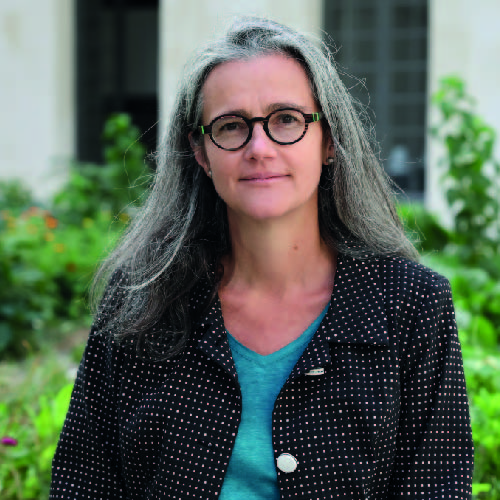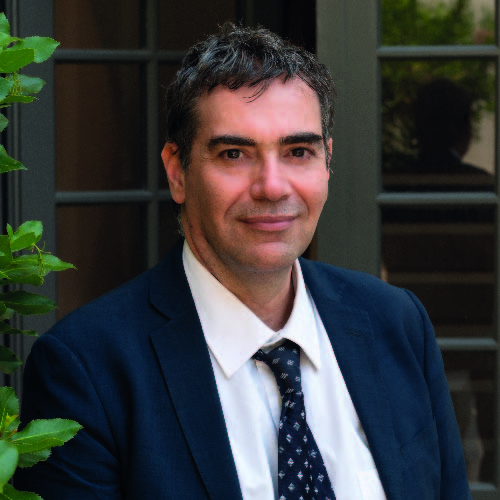AESOP 2024 ANNUAL CONGRESS | TRACKS
36th AESOP Annual Congress 2024 Paris, France
“GAME CHANGER? Planning for just and sustainable urban regions”
Track 17: RISKS
Planning for adaptive capacity: disasters, uncertainty, long-term problems, preparedness and responsiveness
Chairs:
- Lionel Prigent, Université de Bretagne occidentale
- Ward Rauws, University of Groningen
- Daniel Zwangsleitner, TU München
- Rumeysa Ceylan, İstanbul Teknik Üniversitesi
A crisis or an accumulation of crises? Which crisis(es)? For a long time now, the word has seemed empty, tired of being used to justify a widening gap between promises of development on the one hand and the stark reality that nothing is going according to plan. There is always a trigger for crises, a primary cause deemed paramount that causes events to fall (Walter Benjamin). It is a war that triggers an oil crisis, a speculative bubble that bursts, a virus that spreads, a storm that breaches a dyke and causes flooding... a shock that can be localised or global, with significant consequences in a circumscribed area or worldwide. However, this explanation of the root cause overlooks the regular waves of transformation that herald the rise of perils. The more perceptible signals of climate disruption and resource depletion are all warnings. The crisis, intended to be brutal and sharp, is then stretched out into a slow slump that feeds the comments of declinist experts and essayists.
Are we still in crisis? Or are we in the midst of a long and profound transformation that affects every aspect of our ordinary lives: our social ties, our relationship to the body and gender, and our historical, economic and geopolitical reading? So much for the social fact; our relationship to the planet, to territories, to ecosystems, to biodiversity and to life itself, for what concerns our relationship to the Earth.
This task invites contributions on the topic of Risk, namely on planning for adaptive capacity. For instance, proposals can deal with topics like the conditions and limits of planning, uncertainty in collective decisions and radical uncertainty, emergent crises like the recent pandemic, environmental disasters like flooding, etc.
Propositions are welcomed that shed light on theoretical principles, methodological approaches and empirical work. They can address, for instance, questions like: Given that we now face long-term transformations, how can we organise and pool our capacities to mitigate the consequences of our daily lives and adapt our practices? How can we even retain the ability to define common objectives instead of being tossed about like corks on the water? How can we express and prioritise, organise and adapt our systems (economic, institutional or social) to cope with the disaster, the evil that is coming (Pierre-Henri Castel), without abandoning the conditions of fulfilment, solidarity, freedom and transparency that forged our present. How can we express the problems that are already there or will be there in the future, perceptible in the long term and the context of diplomatic, economic and health uncertainties and threats? How can we finally take action on the ground? How can we define planning that will be useful in times of storm, i.e. capable of identifying our capacity to adapt? What diagnoses can we make, and what lessons can we learn? What tools can we use to overcome the uncertainties? Finally, is there a dimension required to carry out this planning?
Keywords: crises, long-term transformations, urban and territorial planning, uncertainty, public policy evaluation, pandemic, flooding, water management
This track will host:
LOC
The Local Organising Committee













